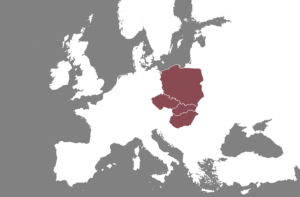This paper highlights the legal, economic, and political background of Slovakia’s foreign direct investment (FDI) screening regime. Slovakia, as a traditionally open economy, has recently introduced measures to screen and potentially ban foreign investment. These developments were primarily a response to perceived threats from Russia and, to a lesser extent, China. The country has attracted significant FDI, with the majority coming from EU member states. A broadly conceptualized FDI Screening Act was adopted towards the end of 2022 to establish a robust screening regime. The newly established screening regime came to effect in March 2023 and largely replaced a sectoral screening regime focused on critical infrastructure only.
The act distinguishes between critical foreign investments and other foreign investments, with different parameters for initiating the screening procedure. The Ministry of Economy is responsible for carrying out the screening procedures and cooperating with other government agencies. The act also emphasizes the importance of beneficial ownership transparency and allows for inspections and judicial review of decisions. Potential challenges include the implementation of intra-EU investment screening and the possibility of politically motivated gatekeeping by the Ministry of Economy.
The paper was published by CELIS Institute, where the author acts as Country Reporter for Slovakia.







